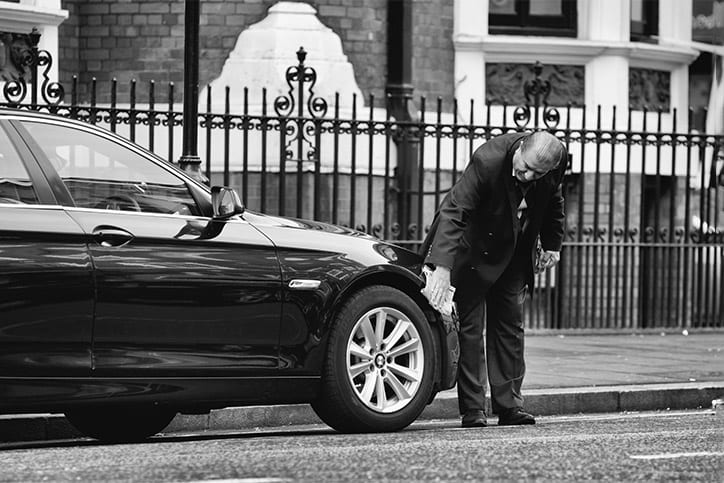
When we think about Estate Planning, we usually focus on real estate, such as primary residences, vacation homes, and commercial property and how those assets get handled upon our passing or incapacitation to minimize taxes and avoid probate court.
Including a home and other real estate in a living Trust is a preferred strategy for achieving those goals. But what if you have other valuable assets, such as antiques, artwork, precious metals, or valuable collections (such as stamps, coins, or sports memorabilia)? What then?
A properly prepared estate plan goes beyond handling only real estate to include other valuable property by placing those items in a Trust.
It’s important to understand that Trusts differ from traditional Wills. With a Will, you’re saying, “this is who I want my stuff distributed to after my death, and here’s who I want doing it (the executor).” With a Trust, while you’re essentially doing the same thing by appointing a Trustee (the person who manages and makes decisions for the Trust), a properly crafted and executed Trust does not need to go through probate—and that’s a huge difference in terms of minimizing delays, avoiding taxes, and reducing costs. Because Wills almost always go through probate, if you rely only on a Will, you are nearly guaranteeing that your family will need to go through a two-year long probate process, on average, here in California.
Also, Wills result in all of your property being received by your heirs once the probate process is concluded, while Trusts can provide important guidance and direction to your Trustee for how your property is to be distributed and when. This can be especially useful depending on the kind of asset, the age of your beneficiaries (for example, if they are minor children), and other considerations.
In addition to real estate, what other kinds of valuable property might you include in your Trust?
- Business interests in sole proprietorships, partnerships, limited liability companies, and corporations that are closely held (not authorized to sell shares to the public)
- Ownership of patents and copyrights
- Valuable antiques, such as furniture, figurines, works of art, and even antique automobiles
- Precious metals (such as gold and silver) and jewelry
- Valuable stamp, book, and coin collections—or even valuable comic book or baseball card collections.
The bottom line is that just about any item of value can and probably should be placed in a Trust, though there are certain situations where you might not want to or need to. For example, you can add bank accounts, life insurance policies, stocks and bonds, securities, and other financial instruments to living Trusts
Estate planning is complicated, whether yours is a fairly straightforward situation with a home and a few possessions, or you have numerous properties and other valuable possessions to consider. There is a no one way to properly prepare an Estate Plan. Laws and lives are always changing, and every situation is unique. Working with a qualified Estate Planning attorney is one way you can protect yourself, your assets, and your heirs by minimizing taxes and avoiding probate court and associated fees.
Got Questions?
If you have questions about Estate Planning, we can help. We are experts at Estate Planning and helping our clients secure their assets and protect their heirs. Contact the attorneys at Shoup Legal, A Professional Law Corporation, at (951) 445-4114 or email us at [email protected] to discuss your unique situation today.